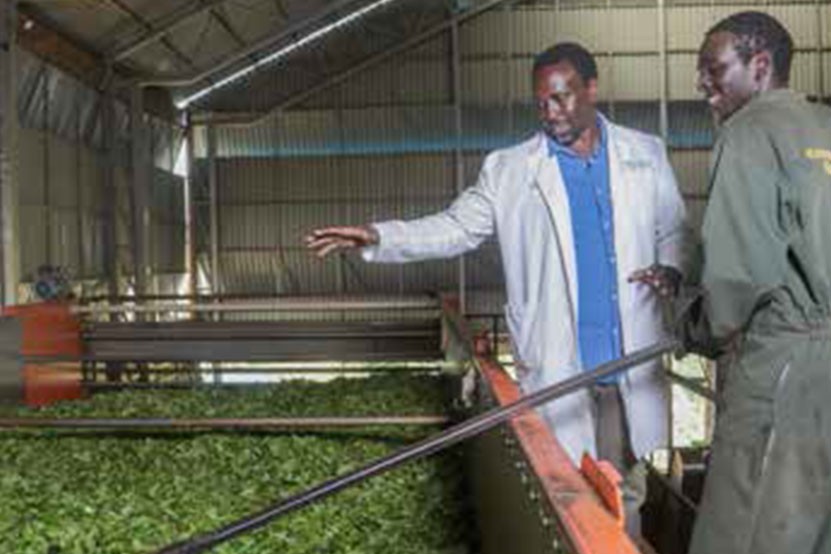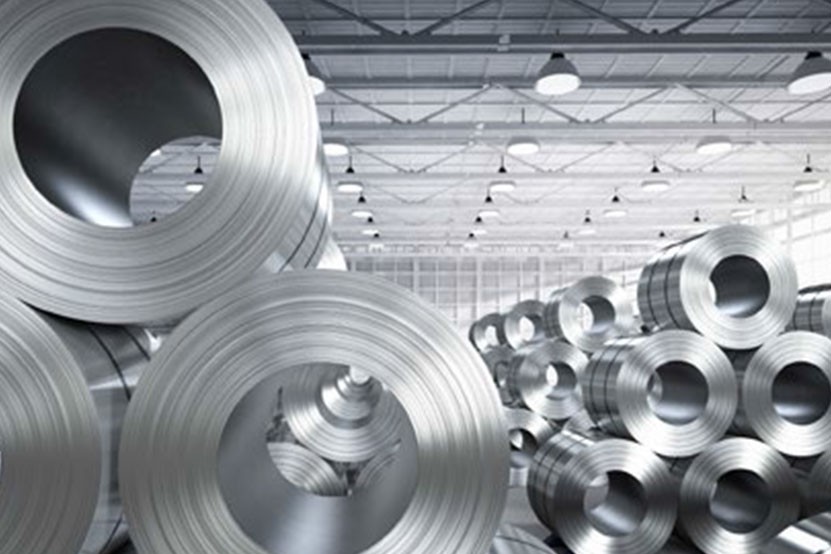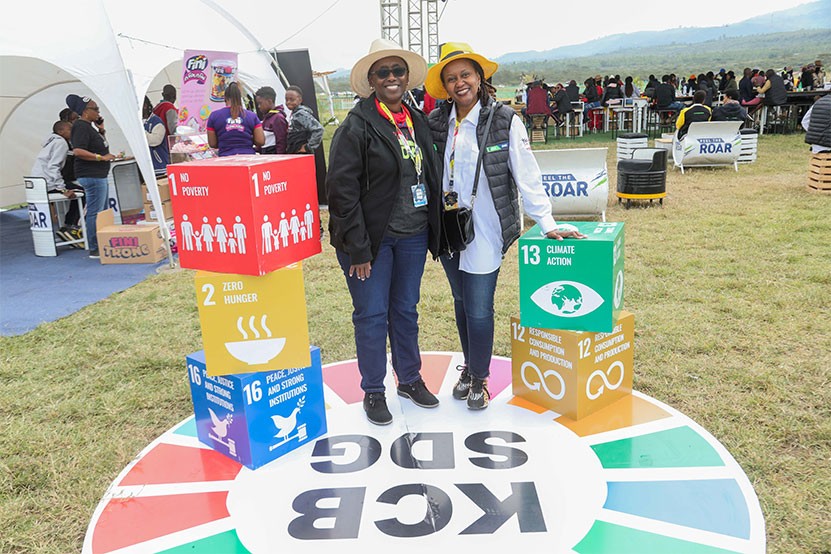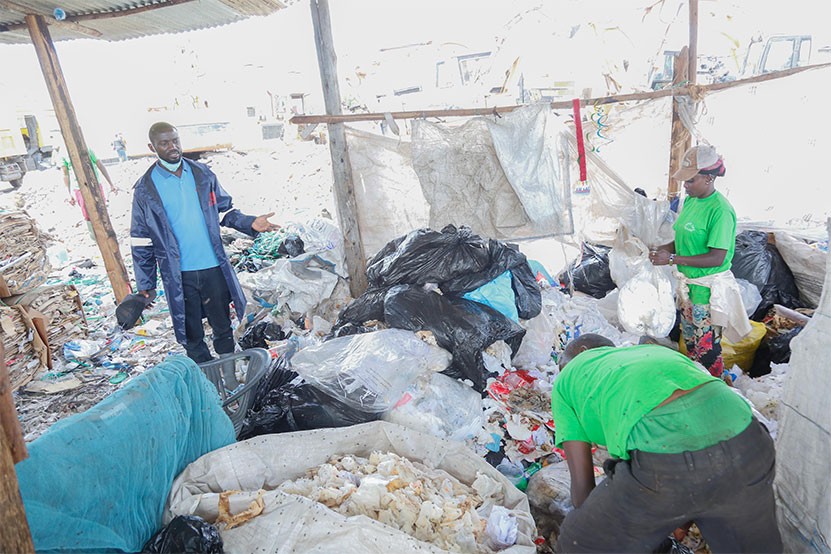Korara Highlands tea factory is located in the highlands of Rift Valley in Kenya and comprises acres of tea plantations and outgrowers’ farmers and manufacturers of top quality Kenyan tea. The tea factory, which roared to life in 2017, was founded by Titus Kigen. The company has worked towards transforming the livelihoods of the surrounding community and maintains quality production.
The company produces black tea for sale at the Mombasa auction, for direct export to markets and for sale locally under the Cyrus Tea brand name.
Tea is Kenya’s leading agricultural foreign exchange earner, and in 2017, the country exported over 415 million kilogrammes of tea, which fetched $1.25 million, while in 2018, 474.86 million kilogrammes were exported, bringing in $1.37 million for Kenyan tea farmers, according to the Agriculture and Food Authority Report, 2018.
For the longest time, tea factories have been using firewood to dry their leaves. Due to climate change, which is increasingly becoming a menace, there’s been a need to phase out the use of firewood and shift to cleaner and more affordable renewable energy sources. The use of renewable and sustainable energy solutions helps bring the cost of production down in many factories. Most factories use 90% thermal heat generated from firewood, while 10% is for the electricity used to light up the factories.
Korara Highlands has been using firewood to cure tea leaves, which has been unsustainable. The factory has had to compensate for the firewood used by donating tree seedlings to the community and participating in tree planting exercises. As a result, the company has incurred high costs from the use of firewood, which is not cheap, due it’s limited access.
Korara Highlands Tea Factory resolved to cut down this cost by turning to responsible production and consumption (SDG 12) by introducing solar panels to generate electricity used for lighting.
“Since the solar installation was an additional expense, we found it costly to execute it independently and therefore sought support from KCB Bank Kenya. Through the Bank’s finance, we acquired solar panels that helped reduce our electricity consumption by 4% as a result of acquiring a 380kW Solar PV,” said the chairman. The factory acquired efficient machines with less heat loss, enabling them to cut costs.
Korara gives back to the community through the Cyrus Foundation, which supports students. The foundation also gives bamboo seedlings to farmers to enhance water catchment initiatives in the community. Apart from this, the actory also came up with an innovative App called PESA Leo, which prevents brokers from exploiting farmers and in turn increase their income, helping facilitate the achievement of SDG 1, SDG 9, and SDG 11 through direct and immediate payments.
The app connects all farmers who supply tea to the factory. Once the factory confirms the receipt of the tea delivered by the farmer, their payments are processed through the PESA Leo app. This has enhanced the resilience of farmers who would otherwise be exploited by brokers who buy their produce for about KShs. 17 and sell to the factory at KShs. 25 per kilogramme.
Through the app, the farmers get to enjoy their full KShs. 25. This has helped improve their welfare, hence achieving SDG 8 – decent work and economic growth.
To enhance gender equity and equality (SDG 10) in the manufacturing industry, the factory has hired female truck drivers, plant operators and packers. About 60% of employees working in the field are women, while out of the total factory employees, 40% are women.
Because of the efforts being made by the factory to conserve the environment and improve the welfare of the society through job creation and community empowerment, KCB gave them two loan moratoriums to weather the effects of the COVID-19 pandemic.
The company hopes to have a solution that will replace firewood with solar and is currently researching on the use of solar to generate steam.
As a Bank, we are looking forward to supporting this venture, which will ultimately eliminate firewood use in the process. We believe that boiling water with solar will cut down on the use of firewood and conserve our forests. This will help in the fight against climate change and achieve SDG 13.












